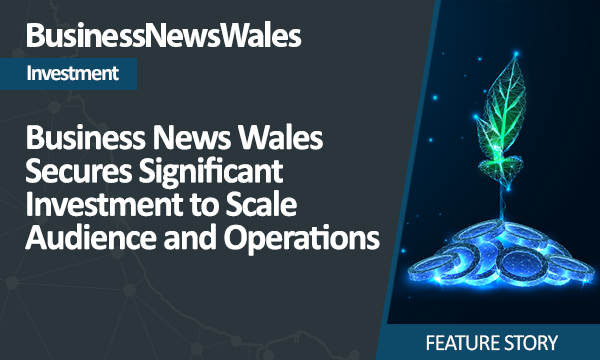Having recently crossed the Cleddau Bridge toll free a number of times recently, it turns my mind to debates about the important role of infrastructure to smaller businesses and the way in which this is delivered to support business growth.
As a rural county on the Western edge of the UK, so many businesses owners I’ve spoken to over the years have complained that to politicians, Pembrokeshire and the needs of its economy have seemed ‘out-of-mind’. Even if you look at road infrastructure on its own, the historical problems associated with the A40 and its lack of capacity haven’t matched the County’s role as a vital bridge between Ireland and the rest of Europe, although I’ll happily concede that there have been improvements in recent years.
However, infrastructure is always high on the list of priorities for any business – whether that’s local or trunk road infrastructure, broadband or data connectivity or public transport infrastructure. Where these are under-developed, we know that businesses and economies struggle and some of the least-well developed infrastructure often tends to be in more rural areas such as Pembrokeshire.
We’ve all heard the debate around big infrastructure projects across Wales such as the M4 relief road around Newport and high-profile projects that have been variously promised but not delivered such as rail electrification west of Cardiff, the Swansea Bay Tidal Lagoon and indeed the Wylfa Newydd nuclear power station on Anglesey.
Although these have grabbed the headlines over recent years and preoccupied politicians, large-scale infrastructure projects represent only a small proportion of the infrastructure development that most businesses need or call for.
On our road infrastructure for instance, overwhelmingly, smaller businesses point to the need for better quality, more reliable local roads infrastructure across Wales. In terms of public transport, again, the frustration for businesses is the lack of or unreliability of local bus and rail services rather than mainline train services for instance. The message from FSB’s members to politicians is is routinely ‘concentrate on getting the basics right’.
One of the biggest problems however, is the lack of a joined-up conversation about what infrastructure we need within the regions of Wales and how we create the evidence base which demonstrates the business case for improving infrastructure. We often have a ‘patch and mend’ mentality rather than a strategic approach.
As the Welsh Government moves to develop its regional economic plans, including the plan for Mid and West Wales and economies such as Pembrokeshire, business need to better organise themselves to make their priorities known and contribute to those plans.
There are challenges in this conversation. Public finance for infrastructure is limited and environmental pressures are forcing us to think differently about the impact of infrastructure and how we future-proof in such a way that it benefits, not burdens future generations.
These are sizeable and pretty fundamental questions. FSB will shortly be producing a substantial report which looks at how we improve decision making and engagement around infrastructure.
However, as the Welsh Government develops its thinking on the economy, businesses in Pembrokeshire need to consider now what their demands are of infrastructure, how we use it to develop the county’s economy and how infrastructure can be used to ensure that despite its location and the edge of the UK, we develop Pembrokeshire as a place to start and grow successful businesses and attract investment.











